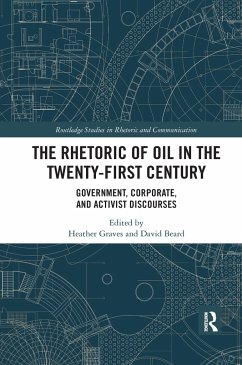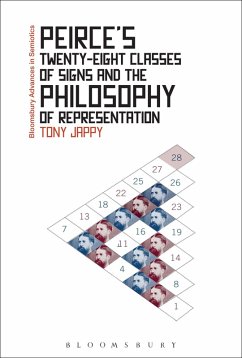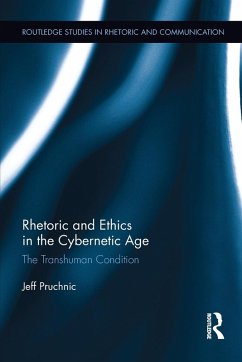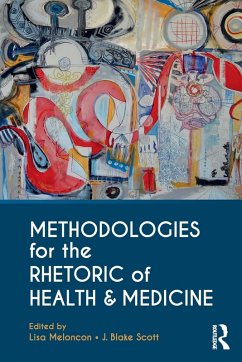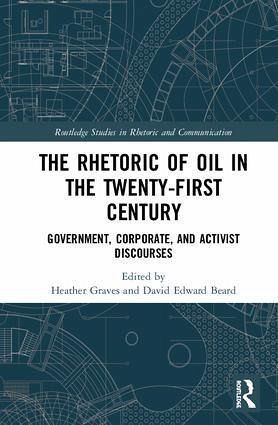
The Rhetoric of Oil in the Twenty-First Century
Government, Corporate, and Activist Discourses
Herausgeber: Graves, Heather; Beard, David Edward
Versandkostenfrei!
Versandfertig in 1-2 Wochen
168,99 €
inkl. MwSt.

PAYBACK Punkte
84 °P sammeln!
This book examines the rhetorical and discursive ways that governments and corporations shape public opinion and public policy and activists attempt to reframe public debates in order to resist corporate framing regarding oil in the twenty-first century.



